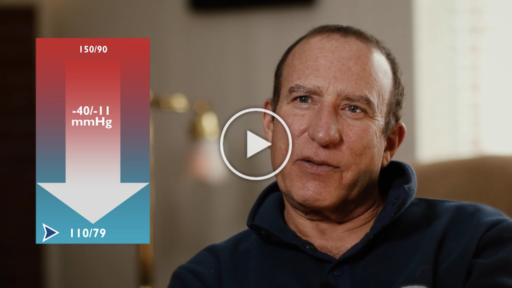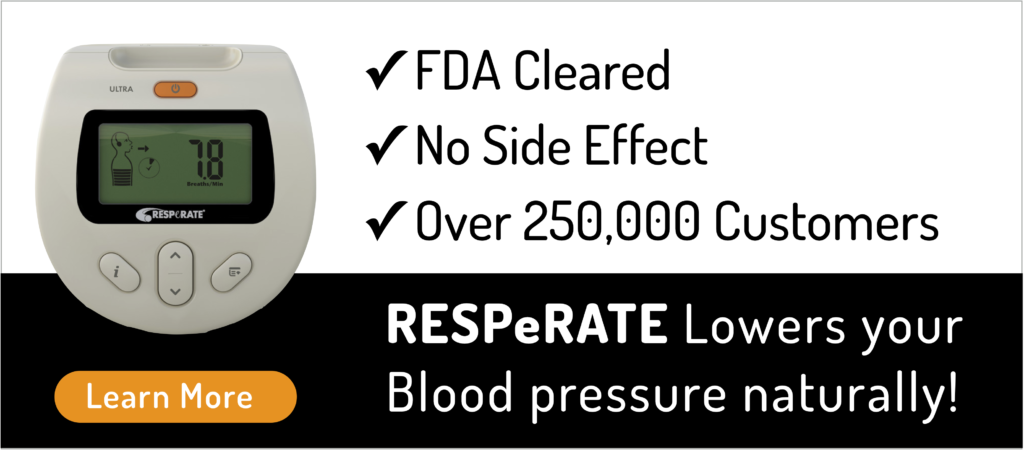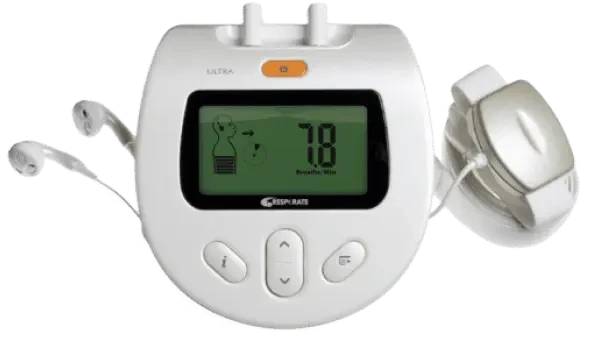Corona Virus and High Blood Pressure – What You Need To Know
I am not a medical doctor. Trying to find information on a virus that is new and is changing from day to do day is difficult and there are many conflicting views. So I have had to scour the internet to bring you the latest pertinent information to help you protect your health and the health of your loved ones. But the question still remains: is the danger of uncontrolled hypertension still relevant 3 years in to the corona virus pandemic?
People with high blood pressure had a 22 percent higher risk of being admitted to a hospital or dying from COVID-19, regardless of other factors, such as age, sex, ethnicity or weight status, according to a new U.K. study.
The research, published on November 9 2022 in the journal PLoS One, is the first study to show the extent to which high blood pressure, also known as hypertension, can be directly linked to patients developing severe COVID-19.
These findings further emphasize the importance of adequate blood pressure control, said senior study author Ian Wilkinson, BMBCh, a cardiology consultant at Cambridge University Hospitals NHS Foundation Trust (CUH) and professor of therapeutics at the University of Cambridge.
“Unfortunately, post-pandemic, the rates of blood pressure control have worsened, as have the number of people being screened and identified as having high blood pressure,” he said.
In people with diagnosed hypertension, the risk of COVID-19 significantly increased once systolic blood pressure exceeded 150mmHg or the diastolic blood pressure exceeded 90 mmHg.
A systolic blood pressure of 150 to 159 mmHg was associated with a 91 percent higher risk of severe COVID-19 compared with people with a normal blood pressure reading (120–129/80–89 mmHg). There was no evidence of a higher risk of severe COVID-19 until the reading exceeded 150 mmHg.
Investigators also found that the type of medication people were receiving to treat hypertension did not appear to change the risk of hospitalization or death from COVID-19.
If You Get Corona Virus
If you have high blood pressure, it’s a good idea to take extra care to protect yourself during the corona-virus (COVID-19) outbreak. Early research shows that people with the condition may be more likely to:
- Get COVID-19
- Have worse symptoms
- Die from the infection
High Blood Pressure Risks
Data from China and Italy — countries hit early by the virus — show higher risk of COVID-19 infections and complications in people with high blood pressure.
In China, 25% to 50% of people who came to hospitals with corona-virus had high blood pressure or another health condition like cancer, diabetes, or lung disease. In Italy, more than 99% of people who’ve died from the virus had one of these conditions — and 76% of them had high blood pressure.
People with high blood pressure are also slightly more likely to die from corona-virus. Their risk is about 6% higher than the overall population.
What’s the Link?
A weaker immune system is one reason people with high blood pressure and other health problems are at higher risk for corona-virus. Long-term health conditions and aging weaken your immune system so it’s less able to fight off the virus. Nearly two-thirds of people over 60 have high blood pressure.
Another possibility is that the higher risk comes not from high blood pressure itself, but from certain drugs used to treat it — ACE inhibitors and angiotensin receptor blockers (ARBs). This is just a theory, since there’s no research yet on what impact, if any, these medications might have on COVID-19.
The theory is based on the fact that ACE inhibitors and ARBs raise levels of an enzyme called ACE2 in your body. And to infect cells, the COVID-19 virus must attach itself to ACE2.
The medications don’t directly affect ACE2. But they do affect the renin-angiotensin system, which regulates blood pressure, the circulatory system, and other functions in the body. ACE2 is a critical component in this system because it regulates a hormone called angiotensin II.
Evidence is gathering that if angiotensin II isn’t kept in check, it may play a role in the severe lung damage and runaway inflammation in COVID-19 patients, which can lead to death.
But other large studies found no ties between the use of these drugs and how severe COVID-19 is. Still other research suggests that they may make COVID-19 less severe. There’s also no proof that people have less severe illness after stopping them.
Until more research comes out, the American College of Cardiology and American Heart Association recommend that you keep taking your high blood pressure medicine as prescribed. If you don’t, it could raise your risk for a heart attack or stroke, putting you in the hospital just as corona-virus cases are coming in.
How Corona-virus Affects People With High Blood Pressure
While pneumonia is the most common complication of the virus, it can also damage the cardiovascular system. That’s why people with high blood pressure, heart disease, and heart failure are at risk.
High blood pressure damages arteries and reduces the flow of blood to your heart. That means your heart has to work harder to pump enough blood. Over time, this extra work can weaken your heart to the point where it can’t pump as much oxygen-rich blood to your body.
Corona-virus can also damage the heart directly, which can be especially risky if your heart’s already weakened by the effects of high blood pressure. The virus may cause inflammation of the heart muscle called myocarditis, which makes it harder for the heart to pump.
If you also have plaque buildup in your arteries, the virus may make those plaques more likely to break apart and cause a heart attack. Past studies have shown that people with heart disease who get a respiratory illness like the flu or earlier types of corona-virus are at higher risk for a heart attack.
What Should You Do?
Everyone needs to take precautions to prevent corona-virus. People with high blood pressure and other health conditions need to be extra careful.
The CDC offers this advice:
- Make sure you have enough medicine on hand to treat high blood pressure and other health conditions.
- Stock up on over-the-counter medicines to treat a fever and other symptoms if you get sick.
- Stay at home and limit contact with other people as much as you can.
- Avoid crowds and anyone who looks sick.
- Wash your hands often with soap and warm water.
- Clean and disinfect all frequently touched surfaces like countertops and doorknobs.
The American College of Cardiology recommends that you stay up to date on your other vaccines. The pneumococcal vaccine will prevent you from catching pneumonia on top of corona-virus. Also get a flu vaccine. Its symptoms are easy to confuse with coronavirus, which could make it harder for doctors to diagnose you if you do get sick.
But even with the advent of the corona virus vaccine, the vaccines were shown to increase hypertension according to studies.
So is the corona virus still dangerous for those with uncontrolled hypertension? The studies are out there to prove that it still is. Even though the major waves have come and gone we must not adapt a nonchalant attitude regarding our health.

 Eli Ben-Yehuda
Eli Ben-Yehuda 












 Download Brochure
Download Brochure
Comments
4 Replies to “COVID-19 And High Blood Pressure. Is The Combination Still Dangerous?”
Good morning! I have a problem and would like your advice.
I have left batteries in my Resperate device. I had not used it for quite some time. It does not work now. What can I do to remedy the problem? I have put in new batteries but to no avail! Please advice. Thank you!
Hi, I would buy a can of CRC-Electronic spray cleaner, It is about $7.00 a can. Remove the batteries and spray a good amount inside the battery compartment.
Let it dry and insert new batteries. 9times out of 10 this works. Do not use water, vinegar or lemon juice. Kindest Regards, Eli, SCS Manager.
Hi,
I have been diagnosed with Malignant High Blood Pressure, six years ago whan I had a Aortic disection. My blood pressure spikes every now and then. I got Covid for the first time in Sept,. 2023 for 3 days (tested twice) very mild, no fever, no cough, oxegen 97, no pain anywhere, easy breathing, not a big deal. I’m also overwieight, high blood sugar now and then, mild emphysema, brochitis, asthma. It took me 3 1/2 years to get covid. I’m 66 years old. I think this article is no true for everybody like myself.
Hi Patricia, You are correct it is not true for everybody. But it is for a significant amount of people. Eli